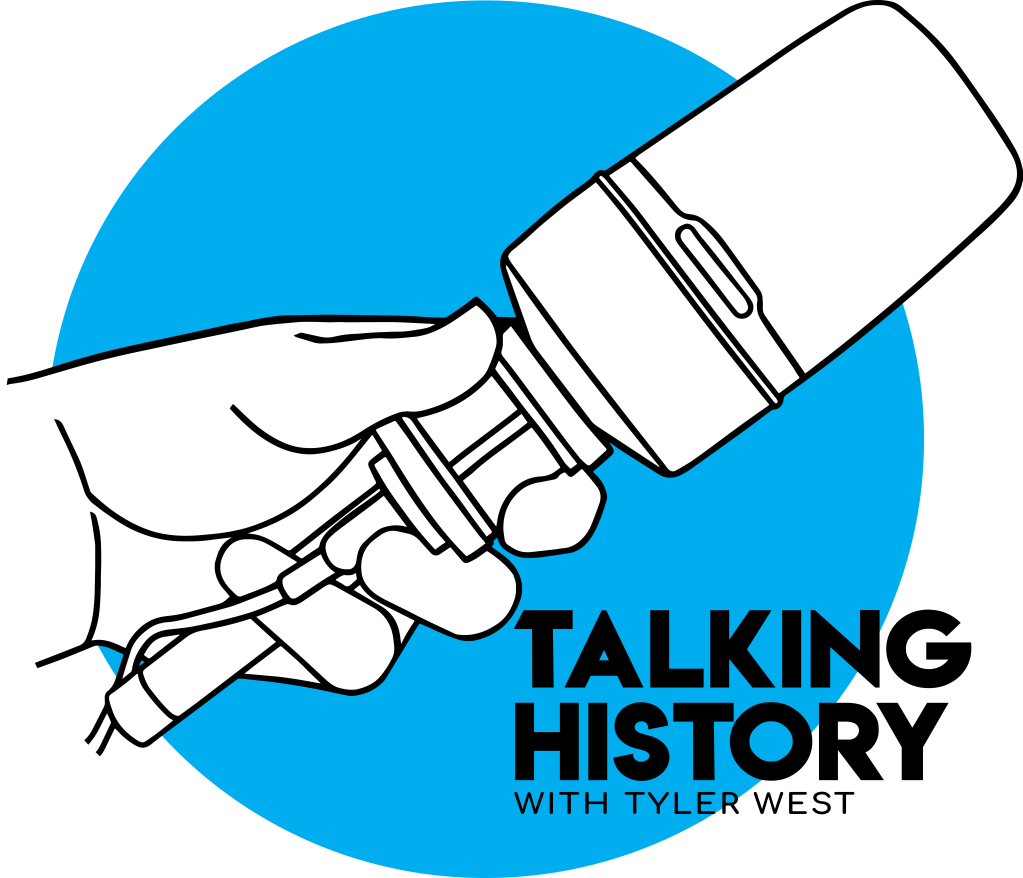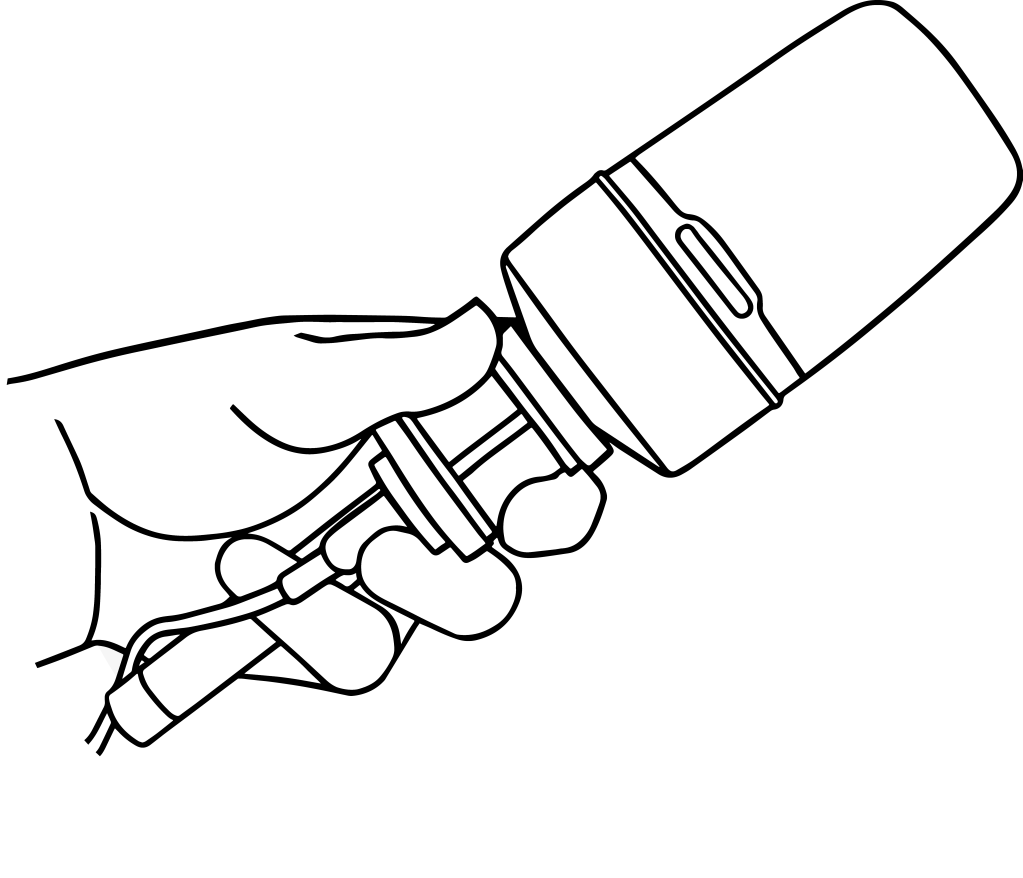Talking History
with Tyler West
Talking History is a Dunedin based oral history service, offering interviews to locals in order to preserve their story for their families, friends, and communities.
About Talking History
I am a Dunedin based historian who has been conducting oral histories since 2017 with family, friends, community organisations, and for scholarly research across Dunedin. Having lived in Dunedin for over 15 years and coming from a family with deep roots in the city, I have a strong passion for the vibrant culture and history of the people who live within it.
My academic background is in humanities and information science, with a focus on New Zealand history, through which I have developed the skills needed to conduct oral histories to a professional standard. I attended the University of Otago and Victoria University of Wellington through which I gained a Bachelor of Arts, Master of Politics, and a Postgraduate Certificate in Information Studies.
Since 2017 I have written for multiple print and digital publications, presented at academic conferences, and co-contributed a chapter to a book published by Otago University Press on topics related to my historical research.
In 2023 I decided to put these skills to use for the community and began the process of establishing Talking History, with a goal of providing good quality oral history services at an affordable rate to ordinary Dunedinites.

Kaupapa
Talking History is dedicated to providing oral history services to the standards expected of oral historians in New Zealand, by operating in accordance with the Code of Ethical & Technical Practice and other guidelines provided by the National Oral History Association of New Zealand (NOHANZ). Tyler is a member of NOHANZ, and has consulted the organisation in matters related to Talking History.
Talking History is also dedicated to providing these services in a transparent manner in which all aspects of the process are clearly explained to the interviewee and any other commissioners such as their family members. This includes how pricing is determined, the equipment used, each step in the process, the timeframe for receiving the final interview, and any other questions the commissioner may have.

What Talking History Offers
The Service
What Talking History offers is a service interviewing people about their lives and experiences, in a conversational and casual setting. The intention is to focus on the interviewee, discussing their life in a way they are comfortable with. To ensure both the integrity of the service and the comfort of the interviewee, their wellbeing and needs in telling their story are front-and-center. After the process below is completed, the interviewee and any commissioner involved will be presented with the finished interview in either a physical or digital format or both if requested.
This interview is a document, a living record, a memento, a study resource, and a taonga. The interview could be perfect for a relative as a family document, as the legacy for the members of a community organisation, or as a record of the life of a valued community member. Whether as part of a gift to a loved one or as a valuable part of a wider community project, Talking History can provide a unique piece of history to those one cherishes most.

The Process in Five Steps
Step One
A casual introductory meeting with the interviewee, and if they’d like the commissioner (for example, a family member). This meeting is to build a rapport with the interviewee, explain the process in person, answer questions that might still be had, discuss any specific themes or topics the interviewee or commissioner may want to focus on, and to take the notes needed to structure the recorded interview. This is usually where the details for the recorded interview would be set, and the intention is for all involved to be comfortable with the recorded interview to come.
Step Two
A short period to design the interview structure and do any necessary secondary research to flesh out the interview. This is the preparation on my end to ensure the interview is sufficiently thorough to draw out the interesting details of the interviewees life story. The interviewee may wish to use this time to think about what they would like to talk about and have recorded, or the commissioner to think about what they would like to learn. Both may also wish to go through any relevant effects like photographs or other documents to jog their memory and provide an additional sense of focus.
Step Three
The “big event”, the interview itself. Before the interview I will go back over the basic details of how the interview will be conducted, explain the recording process and equipment, and reiterate the needs of the interviewee and their comfort in discussing their life. The standard interview is up to 90 minutes, but longer or subsequent sessions can be negotiated as needed.
Step Four
This is the longest stage, editing. This is not about changing the structure or flow of the interview, or removing material therein, but improving the listening quality by changing volume levels, erasing background noise, or removing long pauses in conversation. This stage may take up to a few weeks. This timeframe will be openly communicated throughout the process, so the commissioning party will know when to expect the finished interview.
Step Five
The final meeting, at which payment will be made and the interview handed back. This meeting is also about answering any questions related to the finished interview, giving a short overview of basic details, explaining good storage procedures for the interview file, and ensuring that the interview process was a good experience for all involved. At this point the interviewee and commissioner should be satisfied that their part in family, community, or local history has been recorded for posterity.